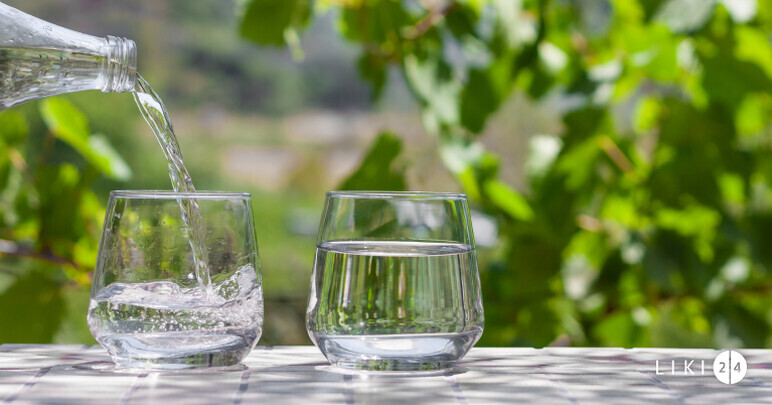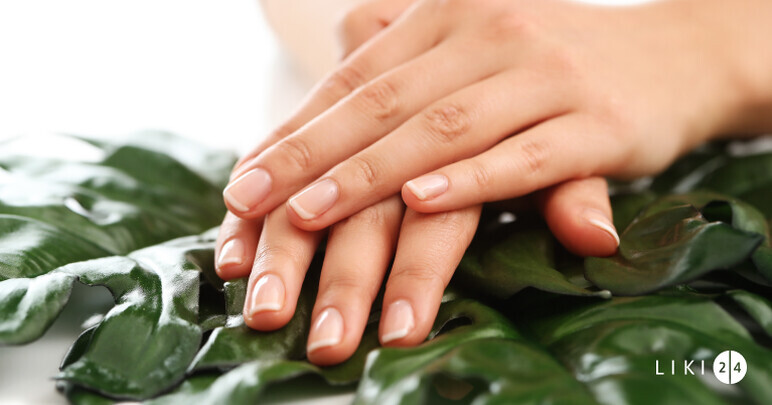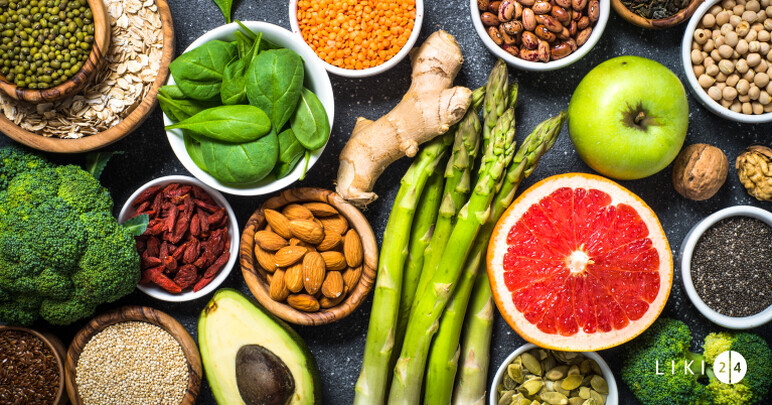Paducel
Descrierea Paducel
Informațiile din secțiunea Întrebări și răspunsuri au fost create de echipa Liki24.co.uk și se bazează pe prospectul oficial al producătorului.
Păducelul (Crataegus monogyna) este un remediu fitoterapeutic tradițional recunoscut pentru proprietățile sale benefice asupra sistemului cardiovascular. Produsele Păducel capsule sau Păducel tinctură sunt utilizate pe scară largă pentru tratarea tulburărilor de ritm cardiac, tahicardiei paroxistice, extrasistolelor și altor disfuncții cardiace de origine nervoasă sau organică.
Datorită acțiunii sale coronarodilatatoare, tonotrope și hipotensoare, păducelul constituie un adjuvant valoros în prevenirea și tratarea bolilor cardiovasculare, în special în contextul creșterii incidenței hipertensiunii arteriale și a cardiopatiilor ischemice.
Forme de eliberare
Păducelul este disponibil în mai multe forme farmaceutice, menite să răspundă nevoilor diversificate ale pacienților: capsule, ceai de Păducel, tinctură sau fructe de Păducel.
- Capsulele de Păducel (de exemplu, flacoane cu 40 sau 60 de capsule), conțin extract uscat din fructe de păducel (Crataegi fructus);
- Tinctura de Păducel este un extract hidroalcoolic concentrat, obținut din flori și frunze de păducel, în concentrație de 20%, având o bază alcoolică de minimum 30% v/v;
Producători - GNC, Pro Natura, Hofigal, Dacia Plant, Swanson, Secom etc.
Indicații pentru utilizare
Păducelul este recomandat în multiple afecțiuni cardiovasculare și neurovegetative, dintre care cele mai importante includ:
- Tulburări de ritm cardiac (tahicardie, extrasistole, palpitații);
- Hipertensiune arterială ușoară sau moderată;
- Degenerări ale cordului și insuficiență miocardică post-infecțioasă;
- Cardiopatie ischemică și angină pectorală;
- Ateroscleroză incipientă și scleroză coronariană;
- Tulburări neurovegetative, inclusiv insomnie, anxietate, nevroze;
- Tulburări cardiace asociate menopauzei.
Regimul de dozare
Administrarea variază în funcție de forma de prezentare:
- Capsule: 1 capsulă de 2–3 ori pe zi, de preferință dimineața și seara, administrarea făcându-se ca supliment alimentar pe stomacul gol, cu apă.
- Tinctură: se recomandă 1 linguriță (5 ml) diluată în 50 ml apă sau ceai, de 3–4 ori pe zi, înainte de mese.
- Ceai Păducel: se prepară prin infuzarea unui plic în 250 ml de apă clocotită, timp de 10–15 minute.
Contraindicații
Deși Păducelul este bine tolerat de majoritatea pacienților, există anumite contraindicații:
- Hipotensiune arterială (datorită efectului său hipotensor accentuat);
- Copii sub 12 ani;
- Alergie cunoscută la Păducel;
- Persoane cu restricție la consumul de alcool (în cazul tincturii).
Particularități de utilizare
Păducelul trebuie utilizat cu precauție la pacienții aflați deja sub tratament hipotensor sau antiaritmic, deoarece poate potența efectele acestora.
În cazul utilizării tincturii, trebuie avută în vedere prezența alcoolului, ceea ce o face contraindicată în cazul unor categorii de pacienți, cum ar fi cei cu afecțiuni hepatice sau cu interdicție la alcool.
De asemenea, produsul nu trebuie considerat un substitut pentru tratamentul prescris de medicul cardiolog, ci un adjuvant fitoterapeutic.
Efecte secundare
Păducelul este în general bine tolerat, însă pot apărea, în cazuri rare:
- Hipotensiune arterială excesivă;
- Amețeli, mai ales la schimbarea bruscă a poziției corpului;
- Reacții alergice cutanate (urticarie, eritem);
- Disconfort gastric ușor (în caz de supradozaj).
Interacțiuni cu alte medicamente și alimente
Păducelul poate interacționa cu unele medicamente, spre exemplu:
- Medicamente hipotensoare (beta-blocante, inhibitori ECA, blocanți de calciu), având un efect aditiv;
- Antiaritmice – poate potența sau modifica efectele acestora;
- Anticoagulante – poate crește riscul de sângerare
Supradozaj
În caz de supradozaj, pot apărea simptome precum hipotensiune severă sau bradicardie.
Este necesară întreruperea imediată a administrării și instituirea tratamentului simptomatic sub supraveghere medicală.
Condiții de depozitare
Indiferent de forma farmaceutică, Păducelul trebuie păstrat în locuri ferite de lumină directă, umiditate și căldură, la temperaturi sub 25°C, în ambalajul original, bine închis. A nu se lăsa la îndemâna copiilor.
Literatura de specialitate utilizată
- MDPI, Compoziția fenolică a extractului de Crataegus monogyna Jacq. și efectele sale antiinflamatorii, hepatoprotectoare și antileucemice
- ScienceDirect, Crataegus Monogyna
- PubMed, Caracteristici botanice, fitochimice, antimicrobiene și farmaceutice ale păducelului (Crataegus monogyna Jacq.), Rosaceae
- ScienceDirect, Proprietăți biologice și aplicații potențiale ale păducelului și ale principalelor sale componente funcționale: O revizuire
- WebMD, Păducelul
ÎNTREBĂRI FRECVENTE
Cât timp trebuie administrat Păducelul?
Pot administra Păducel în sarcină sau alăptare?
Pot consuma alcool în timpul tratamentului cu Păducel?
Сaracteristicile
| Categoria | Vitamine și Suplimente, Vitamine și Minerale, Minerale, Digestie sănătoasă, Probiotice și Prebiotice, Enzime digestive, Sistemul Cardio-Vascular, Protectoare cardiovasculare, Sistemul Nervos, Insomnie, Imunitate, Tincturi , Dietă și Nutriție, Băuturi, Ceaiuri, Extracte din plante, Seleniu, Circulație cerebrală |
| Brand | Adya Green Pharma, BiFix, Bronson Laboratories, Cosmo Pharm, Dacia Plant, Dorel Plant, Fares, FarmaClass, Faunus Plant, Favisan, GNC, Hofigal, Joy Day, Now Foods, Plant Extrakt, Pro Natura, Secom, Swanson Health USA, Yongkang International China, Ziola |
| Tip produs | Capsule, Fiole, Soluție |

Păducel & Magneziu, 30 capsule, FarmaClass
e un produs bun, raport ok calitate pret

Păducel, 40 capsule, Favisan
Un supliment din plante pentru scăderea tensiunii.

Paducel, 60 capsule, Pro Natura
Am cumpărat acest produs de mai multe ori și îl găsesc eficient și la un preț bun.

Paducel si Magneziu, 40 capsule, FarmaClass
produs ft bun ca si calitate si pret

Paducel si Magneziu, 40 capsule, FarmaClass
produs ok, calitate si pret

Paducel, 60 capsule, Pro Natura
produs foarte bun, complet natural si ieftin

Paducel Hawthorn Berry 1130 mg, 100 capsule, Bronson
Îl folosesc pentru reglarea tensiunii. Este f. bun.




























































